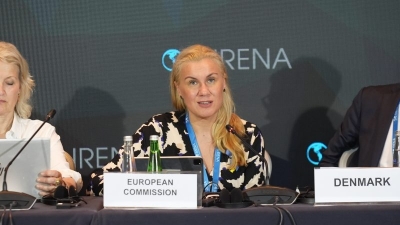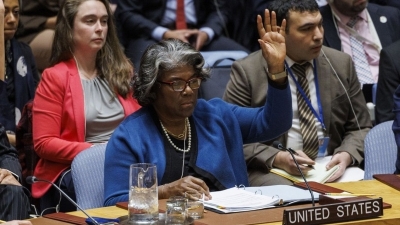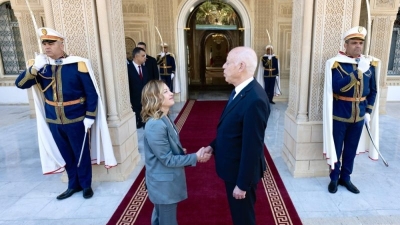EU Council lawyers confirm legal basis of Media Freedom Act

The legal basis of the European Media Freedom Act (MFA) has been upheld by the influential EU Council legal service, weakening a push by some to unpack chunks of the regulation into a directive.
In an opinion presented on Tuesday (28 March), the legal service of the EU Council found that the internal market legal basis was the appropriate legal instrument for the new media law, causing some controversy as this subject is traditionally a national competence.
In particular, the proposal is intended to boost transparency of media ownership and editorial independence. Some publishers have vocally opposed the proposal, especially from Germany, where media policy is dealt with at the state level.
A group of German publishers, including major names in the media sector such as Bauer and Axel Springer, backed such a move, insisting that a directive would be “the most suitable and appropriate instrument”.
Extrapolating parts of the draft law into a directive would mean that they would not be directly applicable but would need to be transposed into national legal frameworks.
With the support of Poland, at the EU Council of Ministers, Germany floated the idea of splitting the Media Freedom Act. However, the split advocates lost a major battle with the Council’s legal opinion, traditionally highly influential in EU policy circles.
The repercussions are not limited to the Council. The European Parliament’s rapporteur, Sabine Verheyen, and the shadow rapporteur for social democrats, Petra Kammerevert, have expressed support for moving certain provisions into a directive.
Commission releases Media Freedom Act proposal, to mixed reactions
The Commission has released its proposal for a Media Freedom Act, to mixed reaction from civil society and media sector organisations.
Splitting the MFA into a directive had been informally proposed by Verheyen during a recent stakeholder meeting, the MEP told EURACTIV earlier this month. The move was supported by Kammerevert but was shelved after majority opposition on the committee.
Opponents of such a change, both within and outside the EU Parliament, argue that a split would weaken the Act and its ability to protect media organisations.
Speaking at an exchange of views on the file held by the committee on Tuesday, Verheyen indicated that she was awaiting the Council’s opinion on the text’s formulation.
“To be quite honest, I do have a few questions as to several articles, whether they might not be better in a directive or regulation,” she said, adding that it was important to have the legal opinion as soon as possible before completion of work on the topic.

Bid to split Media Freedom Act into directive stalls in Parliament
A bid by German publishers to split the European Media Freedom Act into a directive appears to have stalled amid broader opposition to the watering down of the proposal.
In other words, while the factions pushing for partitioning the draft media law faced overwhelming opposition in both institutions, a negative legal opinion on the proposal’s legal basis would have been a strong argument for reopening the discussion.
By contrast, the findings presented on Tuesday instead confirmed that regulation was the appropriate form for the initiative to take, meaning that any attempt now to diverge from this will, by necessity, be more political than legal in nature.
The CULT committee’s draft report on the regulation is due next month, to hold a vote on it by the end of June, Verheyen said on Tuesday.



